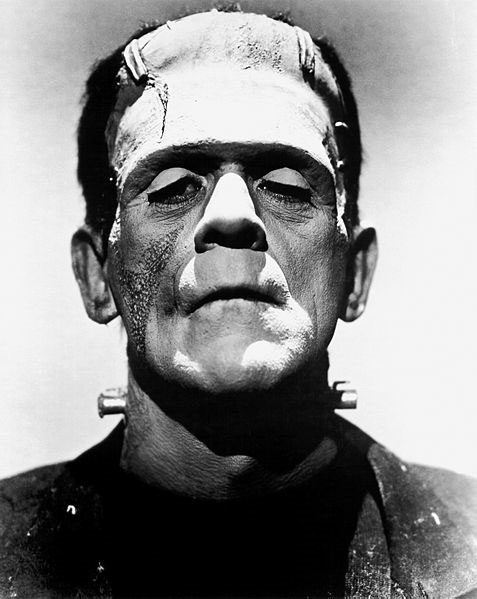Can revive the dead?
This question has been posed by scientists and explored when many cases died clinically, the heart stopped beating for a long time and still recovered. Even this has long been built into a famous fictional ghost story about Frankenstein monster.
>>>The mystery of the parts of the dead goes back to life
In 1999, a Swedish medical student named Anna Bagenholm lost control while skiing was covered by snow and ice. Her friends took 40 minutes to remove the snow and save her. At that time, the heart stopped beating, but Bagenholm was still alive. It took nearly four hours, when she was taken to the hospital, her heartbeat returned. Bagenholm is considered to be a clinical death case and her circulatory respiratory system has stopped working for more than 3 hours when she returned to normal life.
So what happened in the body at the cellular level during Bagenholm's absence of a heartbeat? Cell tissue will die with the death of consciousness? How long can Bagenholm live without blood circulation?

Can the dead be revived as the case of creating Frankenstein? (Photo: Livescience)
The issue has attracted the attention of clinicians and engineers who are "aspiring" to find a way to bring life back from death when the heart stops beating at the Recovery Center (CRS) at University of Pennsylvania.
According to CRS experts, all the key issues are at the cellular level. Each cell has a protective film that protects it from its surroundings to filter out unnecessary molecules for its functions or existence.
If a cell is about to die, the protective barrier will begin to weaken, depending on the circumstances of the cell death, one of three things will happen: it will eat dead or sick elements, or Quarantine and the third is that it will break suddenly, causing further tissue damage.
When human cells abruptly cut down on oxygen supply, nutrients and sanitation services normally supply blood to cells, cells can keep life in their membranes for a while. surprisingly long time, even after many days. If doctors can save it, will the patient still have a resurrection?
Unfortunately, cells are most sensitive to lack of nutrients and oxygen are brain cells. Within 5-10 minutes the heart stops beating, neuronal membranes will begin to break and irreparable, brain damage will occur. The resurrection effort is more difficult. This phenomenon is called reperfusion injury - the cells that are suddenly cut off from the nutrient supply will self-destruct.
While not yet understanding the nature of this injury, scientists have understood that one of the things that can reduce the risk of reperfusion injury is to reduce body temperature. This process sometimes allows patients with dozens of minutes of clinical death to be fully recovered.
The resurrection of dead people is not a serious concern for doctors because brain cells can quickly die when the heart stops beating. But scientists are still interested in how to recover clinically dead patients for a long time when they are not conscious.
- Can still revive the dead
- This method of reviving the dead may be the beginning of the zombie era
- Doctors can 'revive' the brain-dead patient, but only 1 week
- The groundbreaking project studies how to raise the dead
- The real story of the monk revived the dead body
- Revive the dead - Should or should not?
- Cosmic black holes can revive 'zombie' stars
- The city of the dead built right below Jerusalem
- Miracle: Dead 4-hour pig brain is revived
- Australia built a frozen facility awaiting its resurrection
- ReAnima - The project of reviving the dead has shocked the world
- What do scientists do to revive dinosaurs?
 The truth about the mysterious red-haired giant at Lovelock Cave
The truth about the mysterious red-haired giant at Lovelock Cave Inunaki Tunnel: The haunted road leading into Japan's 'village of death'
Inunaki Tunnel: The haunted road leading into Japan's 'village of death' The mystery of the phenomenon of human reflection before dying
The mystery of the phenomenon of human reflection before dying 6 mysterious phenomena, although science has been developed for a long time, still cannot be answered
6 mysterious phenomena, although science has been developed for a long time, still cannot be answered